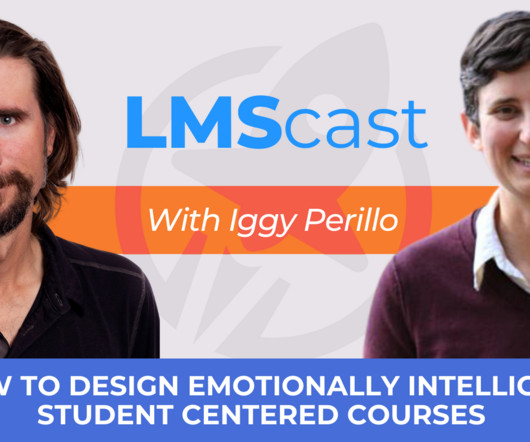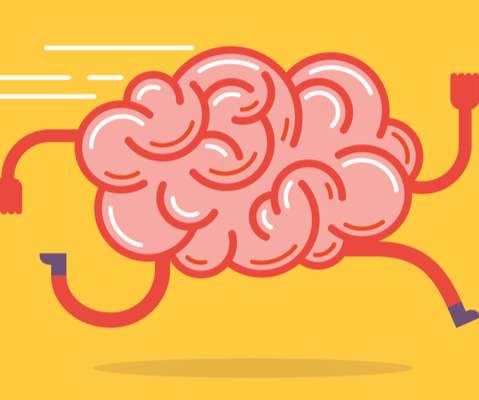Adult learning theories for instructional designers: Andragogy
Matrix
APRIL 22, 2021
In a series of articles, I will take a closer look at three modern adult learning theories that are not only relevant but highly applicable. The relevance of adult learning theories. The answer is simple: because it explains how the adult brain works. Andragogy – the grown-up cousin of pedagogy.











































Let's personalize your content